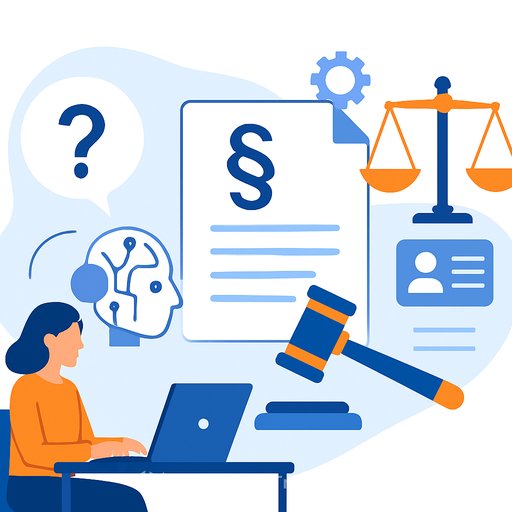GC AI raises $60m at a $555m valuation - here's what in-house legal needs to know
GC AI, an AI platform built for in-house legal teams, has raised $60m in Series B funding led by Scale Venture Partners and Northzone, with participation from News Corp. The round values the company at $555m and brings total funding to $73m.
The company says it grew ARR from $1m to over $10m in under a year, averaging 23% month-over-month growth in 2025. More than 1,000 companies use the product across their legal teams, including News Corp, Nextdoor, Skims, Liquid Death, Vercel, TIME Inc., and Zscaler.
What GC AI claims to do
The platform pitches "instant expertise" across core in-house domains: contracts, policies, compliance, regulatory, and employment law. In practical terms, it offers an AI chat interface and commercial contract agents that can redline directly in Microsoft Word, plus custom negotiation playbooks to keep reviews consistent.
Co-founder and CEO Cecilia Ziniti, a three-time General Counsel who worked in-house at Amazon and Replit, says the team focused on tools lawyers actually use and trust, citing a 70 NPS. CTO Bardia Pourvakil leads the engineering side. The company also runs training, noting that over 5,000 legal professionals have taken its courses on legal AI prompting and applying AI to real matters.
Why in-house teams should care
If the Word redlining works as advertised, you could cut a layer of manual review on common paper and speed up pushes to business teams. Playbooks embedded in the tool can reduce drift in negotiation positions and make escalations cleaner.
That said, adoption still comes down to risk, quality, and fit with your workflow. Use a tight pilot and measure the right outcomes.
Quick due-diligence checklist
- Security and privacy: data residency options, SOC 2/ISO status, model isolation, and how confidentiality and privilege are handled.
- Accuracy and review: benchmarked contract tasks, redline precision, hallucination controls, and human-in-the-loop options.
- Playbook governance: versioning, approvals, exceptions, and audit logs for who changed what and when.
- Integrations: Microsoft Word add-ins, CLM connectors, email/Slack, and SSO/SCIM for access control.
- Operational fit: user roles, fallback paths for complex deals, and how the tool supports outside counsel collaboration.
- Commercials: pricing model, seat vs. usage limits, and success criteria for a 30-60 day pilot.
Competitive context
GC AI runs into familiar names. Buyers will compare it to Juro and Wordsmith, broad platforms like Harvey and Legora, and AI-forward CLM vendors offering contract review and workflow features. The right choice depends on whether you want an overlay for Word-first teams, a CLM-native experience, or a wider platform that spans litigation, compliance, and knowledge.
Suggested next steps for legal leaders
- Pick 2-3 repeatable use cases (e.g., NDAs, vendor MSAs, DPAs) and freeze the playbooks you want encoded.
- Set objective success metrics: cycle time, redline acceptance, in-house hours saved, and stakeholder satisfaction.
- Run a time-boxed pilot with clear data controls and an escalation path for outliers.
- Document what's "good enough" for self-serve vs. what needs counsel review.
If you're building team skills around AI prompting and review workflows, explore practical training options for legal roles and prompt techniques: Courses by job and Prompt courses.
Date: 12 November 2025
Your membership also unlocks:





